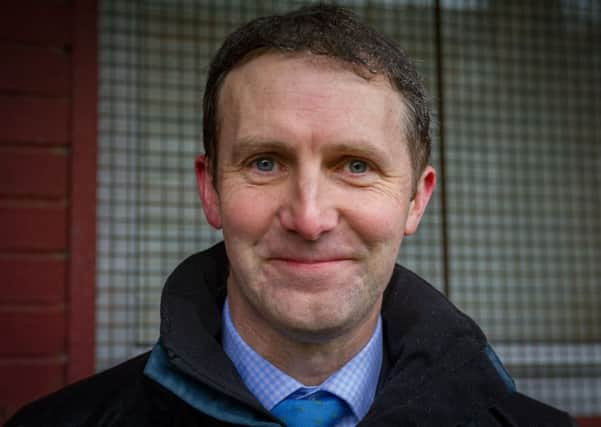Chris Marshall: Corroboration dilemma unlikely to go away


Since his appointment as cabinet secretary for justice in Nicola Sturgeon’s 2014 re-shuffle, Michael Matheson has spent much of his time doggedly unpicking the mess left by Kenny MacAskill.
First came his decision to scrap controversial plans for a £75 million women’s jail in Inverclyde, quickly followed by a U-turn on axeing the centuries-old law of corroboration.
Advertisement
Hide AdAdvertisement
Hide AdIt was the second of those decisions which had, and continues to have, huge implications for the law and legal profession in Scotland.
Just like that old chestnut about Scotland’s constitutional future within the UK, the question of corroboration is one that refuses to go away.
The issue was raised again this week by Catherine Dyer, who recently retired from her role as crown agent at the Crown Office.
Ms Dyer said it was inevitable the Scottish Government would be forced to look again at corroboration after removing the provision to scrap it from the Criminal Justice (Scotland) Bill.
The requirement that two independent pieces of evidence are needed for a criminal case to come to court has been blamed for Scotland’s historically low rape conviction rate.
As the clamour grows from police and prosecutors that the need for corroborative evidence be done away with, the next justice minister is unlikely to be able sidestep the issue for the whole of the next parliament.
Mr Matheson was able to kick corroboration into the long grass following a report from Lord Bonomy which called for a series of complex safeguards to be put in place, including a requirement that police video all interviews with suspects and that the practice of dock identification – when the accused is identified as the perpetrator in court – be ended.
But with the prosecution of both current and historical sexual offences now a major focus for the Crown, the issue is likely to get another airing in the coming months.
Advertisement
Hide AdAdvertisement
Hide AdThat is likely to mean a face-off between the government and the legal profession.
The Scottish Criminal Bar Association this week described scrapping corroboration as “very dangerous”, while making the argument that the low rape conviction rate is unlikely to change simply because one piece of evidence instead of two is needed for a case to reach court.
While the future of corroboration is complex, the next justice secretary faces a much more straightforward decision about Scottish policing.
Since its 2007 manifesto, the SNP has been wedded to a pledge it made to provide 1,000 extra police officers.
As good as it is to see a party honouring a pre-election promise, the idea the government of the day sets officer numbers has become outmoded.
Faced with having to make cumulative savings of £1.1 billion by 2026, it is only right that Police Scotland’s chief constable be allowed to make that decision.
With staff costs making up around 90 per cent of the force’s budget and the nature of crime evolving at a rapid rate, senior officers should be trusted to make decisions on how best to deploy their own resources.
Passing that responsibility to Police Scotland should be an easy decision for the justice secretary to make after 5 May.